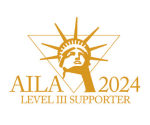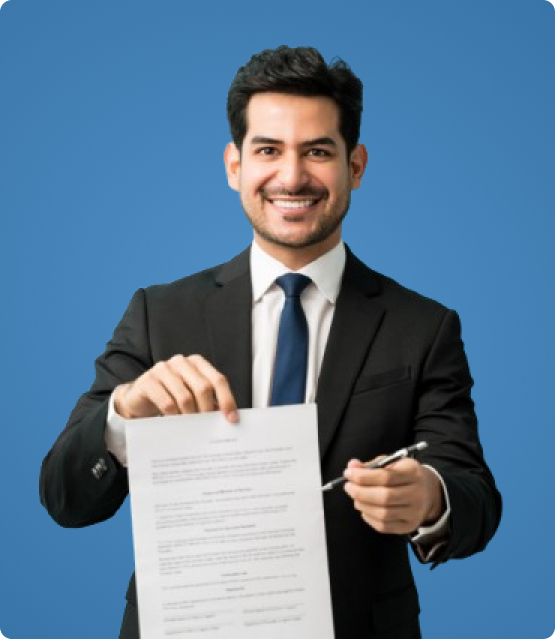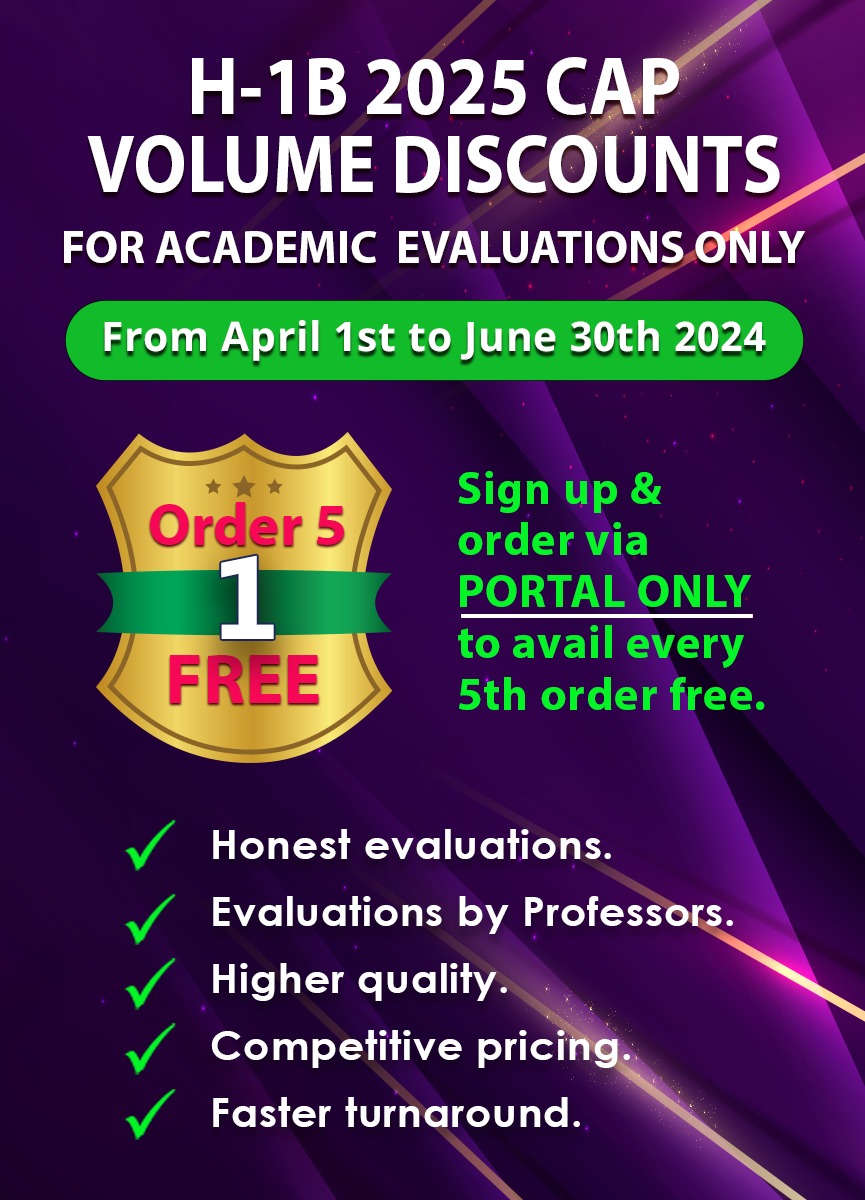It's service
 Add-On Services
Add-On Services
EB-1A
According to the USCIS, the O-1 nonimmigrant visa is for the individual who possesses extraordinary ability in sciences, arts, education, business, or athletics, or who has a demonstrated record of extraordinary achievement in the motion picture or television industry and has been recognized nationally or internationally for those achievements. The phrase “extraordinary ability” means a level of expertise indicating that the individual is one of that small percentage who has risen to the very top of his/her field of endeavor. If an applicant is at the top of his/her field and has received industry-wide accolades; has been profiled in national newspapers and magazines; and has been a member of all the important organizations related to the applicant’s field, the applicant is deemed to have extraordinary ability. If such an applicant wants to work in the United States, there are 2 options: the EB-1A visa or the O-1 visa. Although the eligibility for O-1 and EB-1A are similar, they are not interchangeable.
These two visa options have several similarities: Both are geared toward individuals who are ‘extraordinary’ at what they do. Both allow the applicant to legally live and work in the United States. Both require the applicant to prove that they are nationally or internationally recognized in their field. National or international acclaim can be demonstrated by receipt of a major international award such as the Nobel prize or the Pulitzer. Alternatively, immigration law requires that the petitioner must provide at least three of the following types of evidence.
- Evidence of receipt of lesser nationally or internationally recognized prizes or awards for excellence.
- Evidence of the beneficiary’s membership in associations in the field which demand outstanding achievement of their members.
- Evidence of published material about the beneficiary in professional or major trade publications or other major media.
- Evidence that the beneficiary has been asked to judge the work of others, either individually or on a panel.
- Evidence of the beneficiary’s original scientific, scholarly, artistic, athletic, or business-related contributions of major significance to the field.
- Evidence of the beneficiary’s authorship of scholarly articles in professional or major trade publications or other major media.
- Evidence that the beneficiary’s work has been displayed at artistic exhibitions or showcases.
- Evidence of the beneficiary’s performance of a leading or critical role in distinguished organizations.
- Evidence that the beneficiary commands a high salary or other significantly high remuneration in relation to others in the field.
- Evidence of the beneficiary’s commercial success in the performing arts.
However, there are major differences between these two types of visas:
- The EB-1A visa for extraordinary ability is an immigrant visa. It assumes that the applicant would like to live and work in the United States permanently.
- The O-1 visa, on the other hand, is a non-immigrant visa. It assumes that the applicant is traveling to the United States to work temporarily and will then return to his or her country of origin.
- The EB-1A visa allows the applicant to “self-petition,” which means that if their achievements are remarkable enough (Nobel Prize or Academy Award), or those with extraordinary abilities in sciences, arts, education, business, or athletics —they do not have to have an employer agree to sponsor them.
- All beneficiaries petitioning for an O-1 visa need an employee sponsor to apply.
- A letter from a peer group or labor organization is not required for an EB-1A petition, but support letters from members of the beneficiary’s inner professional circle and experts in the field are highly recommended.
- For an O-1 visa, the Petitioner must provide a written advisory opinion from a peer group (including labor organizations) or a person with expertise in the beneficiary’s area of ability. If such a group does not exist, a letter from an expert in the field will also be helpful.
- RFE issued by USCIS for EB1A petition at times question the merit and national importance of the beneficiary’s proposed endeavor.
- This is not a requirement for O-1 visa.
Carnegie Evaluations’ expert opinion letter for O-1 will address that the (non-immigrant) beneficiary demonstrates extraordinary ability by sustained national or international acclaim and is coming temporarily to the United States to continue work in the area of extraordinary ability. Extraordinary ability in the fields of science, education, business or athletics means a level of expertise indicating that the person is one of the small percentages who has risen to the very top of the field of endeavor. The expert opinion letters supporting an EB-1A extraordinary ability petitions will address a minimum of 3 of the criteria required.
$950
10 business days

Pricing for a discussion of maximum 3 criteria. Any additional criterion $150/each.




 Request an Evaluation.
Request an Evaluation. Login
Login






